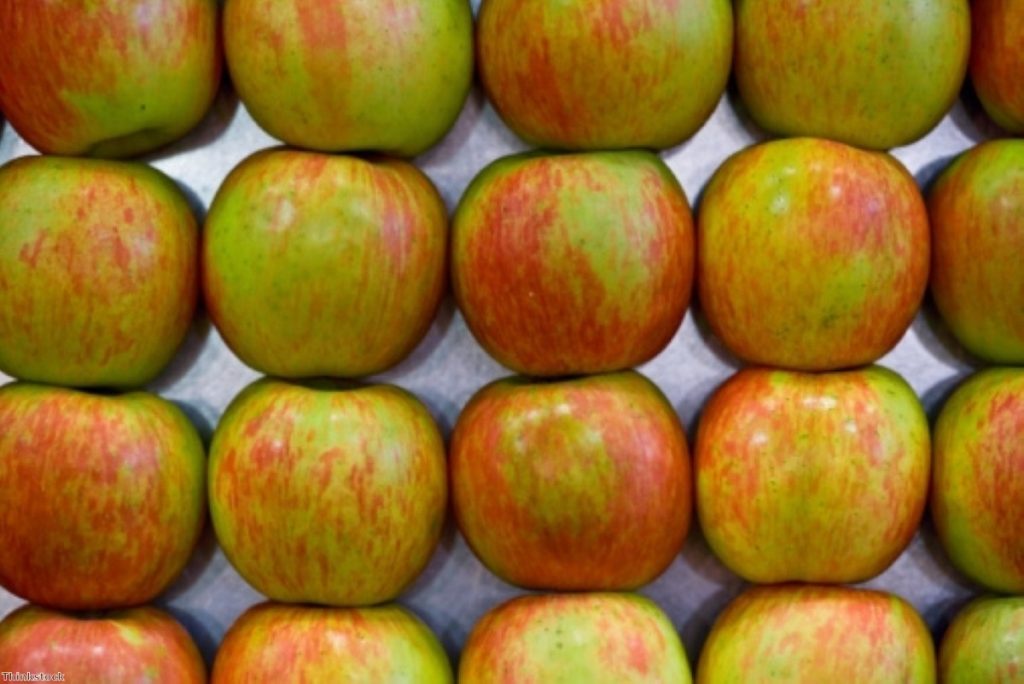Is Nottingham City Council using food banks to strip welfare?
By Felicity Hannah
Do our leaders view food banks as a free safety net?
A food bank in Nottingham has made the decision to close after accusing the council of using it to save money on welfare payments.
The NG7 Food Bank opened 30 months ago in response to "punitive welfare reforms and further draconian immigration policy" which it says have deeply affected already vulnerable groups of people.


But it's now closing its doors after accusing Nottingham City Council of using the bank as a reason to avoid paying out hardship funds. Instead of being a safety net for the most vulnerable, it claims the council sees it as a reason to strip away essential support.
A statement issued yesterday said:
"Despite our best ongoing efforts, we have recognised that we are not being used as a temporary service of last resort, but rather being seen as a part of the long term strategy of replacement for statutory services, who have a duty and the resources to address a large part of the need."
Of the 913,000 people that Trussell Trust food banks fed last year, 330,200 were children. NG7 Food Bank has fed 5,200 people so far, so if it follows the national trend then we can assume around 1,800 were vulnerable youngsters.
According to the trust, which supports more than 420 food banks worldwide, more than 47% of applicants approach their local food bank because of delays or changes to their benefits.
The Trussell Trust's chairman, Chris Mould, previously warned:
"In the last year we've seen things get worse, rather than better, for many people on low-incomes. It's been extremely tough for a lot of people, with parents not eating properly in order to feed their children and more people than ever experiencing seemingly unfair and harsh benefits sanctions."
Yet earlier this year Lord Freud, a work and pensions minister, told the House of Lords that food banks were not considered part of the welfare system. He also argued that it is "difficult to know which came first – the supply or the demand". He added: "Food from a food bank—the supply—is a free good, and by definition there is an almost infinite demand for a free good."
While Freud's statement was met with howls of derision from the other side of the House, I can't help but wonder if he has a point. Perhaps there is demand for a free good – except that it is demand from councils, who see this as a way to avoid paying for the additional support their most vulnerable residents need.
I sometimes fear that David Cameron believes food banks and other charitable support are part of his 'big society' hopes in action. But we can't rely on charity and philanthropy to support society's most vulnerable – it's too vague, too easily diverted and too hopeful. Charities should bolster the government work, not replace it.
It's easy to imagine an official being less willing to make an emergency welfare payment or more willing to sanction benefits if they can also refer the person to a food bank. But those of us who donate regularly are not doing so in order to support the government's tougher measures. Food banks must be a final safety net, not an official recommendation.
MPs have launched an All-Party Parliamentary Inquiry into Hunger and Food Poverty http://foodpovertyinquiry.org/ , which is expected to deliver its findings by the end of the year. Meanwhile, NG7 Food Bank still needs donations to survive for a further month.
Felicity Hannah is a freelance journalist. You can follow her on Twitter.
The opinions in Politics.co.uk's Comment and Analysis section are those of the author and are no reflection of the views of the website or its owners.









